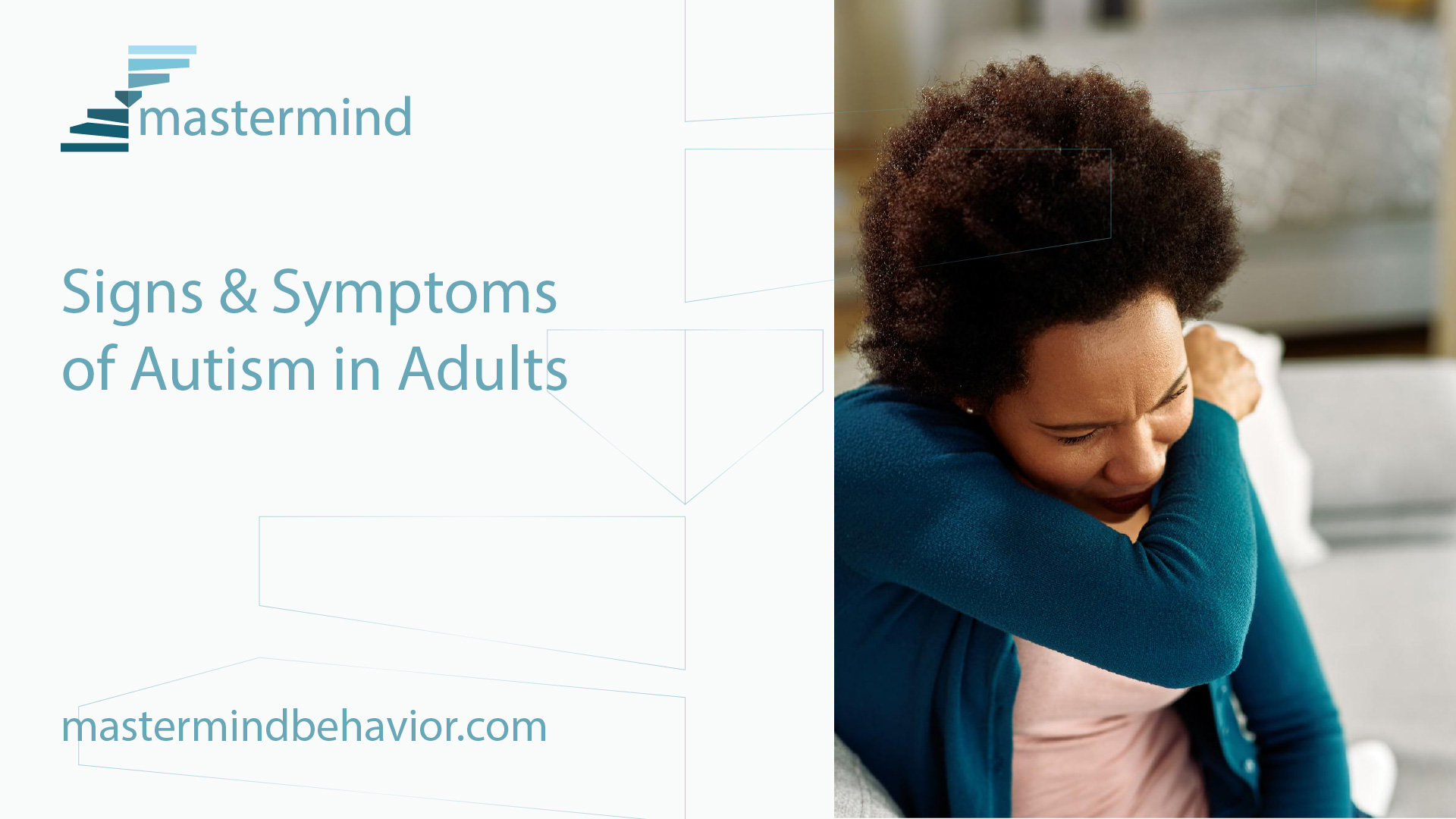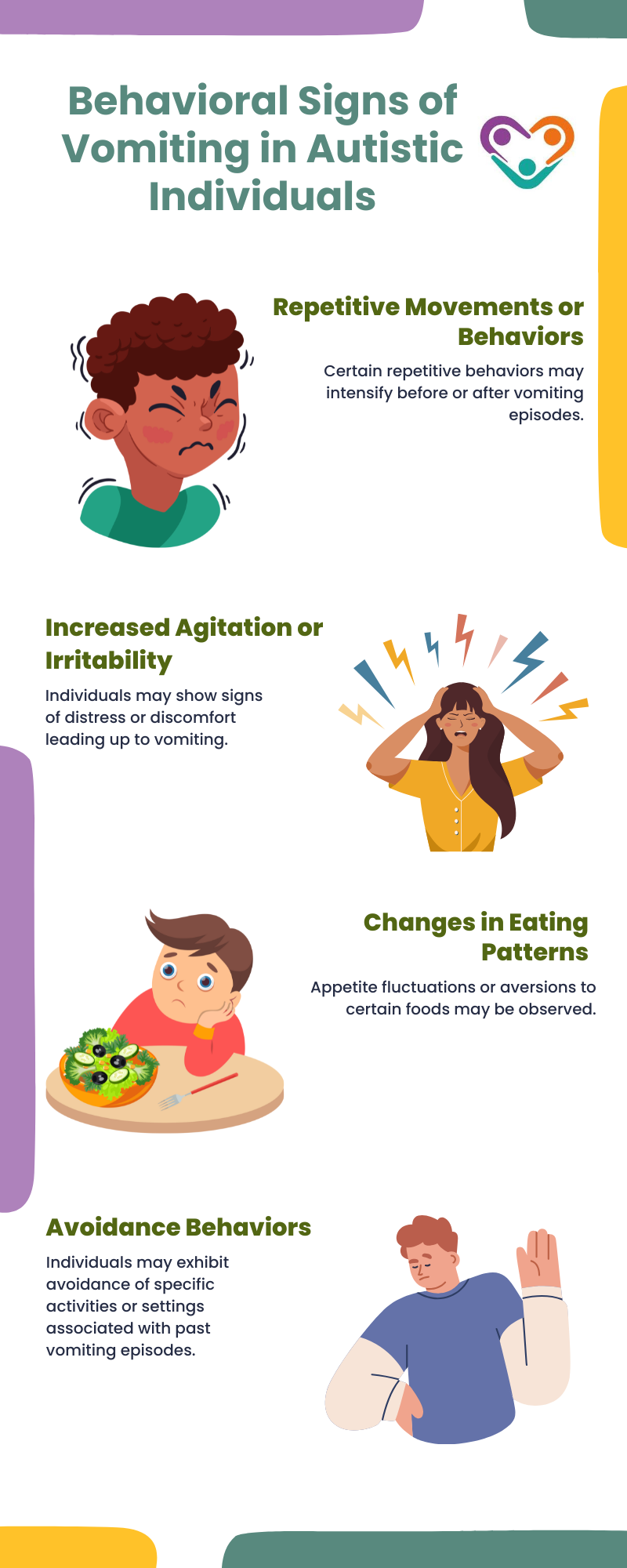Encouraging development with strategies from an trusted Aba Therapist
Encouraging development with strategies from an trusted Aba Therapist
Blog Article
Comprehending the Influence of Behavioral Autism on Life and Social Interactions
You might not recognize how deeply behavioral autism affects every day life and social communications. People on the spectrum commonly navigate a world full of communication hurdles and sensory overload. These challenges can cause frustration and seclusion, affecting their relationships and overall well-being. Comprehending these subtleties is important for cultivating encouraging environments. What approaches can we execute to develop even more inclusive rooms and meaningful connections? The responses could stun you.
Specifying Behavioral Autism and Its Features
Behavioral autism, usually referred to as autism range problem (ASD), includes a variety of problems defined by challenges in social interaction, interaction, and repetitive behaviors. You might observe that people with ASD often struggle to translate social signs, which can result in misconceptions in discussions. They may find it tough to establish eye get in touch with or take part in small talk, making social circumstances feel frustrating.
Interaction problems can show up in different methods, from postponed speech growth to a preference for making use of less words. Repetitive actions, such as hand-flapping or shaking, can function as coping mechanisms to manage anxiety or sensory overload. These attributes can greatly impact every day life, making it crucial for you to recognize and sustain those with ASD. By recognizing these characteristics, you can foster an environment that advertises approval and urges reliable interaction, aiding individuals with autism prosper in their day-to-day communications.
The Range of Autism: Understanding Irregularity in Behavior
Autism range disorder (ASD) isn't a one-size-fits-all medical diagnosis; it varies commonly amongst individuals. You might notice that some individuals with ASD exhibit moderate signs, while others might deal with more considerable obstacles. This irregularity can materialize in habits, passions, and sensory sensitivities. You may come across individuals who are highly verbal and engage quickly in conversations, while others may choose solitary tasks or interact non-verbally.
Moreover, the means people with ASD react to sensory input can vary greatly; some may be bewildered by loud noises or brilliant lights, whereas others flourish in stimulating environments. The range also includes differences in social communications; some people might struggle to translate social hints, while others navigate social settings with loved one convenience. Recognizing this variability is crucial, as it aids you value each person's special experience and tailor support to their specific requirements, fostering a much more inclusive atmosphere for every person.
Interaction Challenges Encountered by Individuals With Autism
When you communicate with people on the autism spectrum, you may discover their one-of-a-kind interaction challenges. They commonly deal with difficulties with both nonverbal and verbal signs, which can influence their social communications. Recognizing these barriers is necessary for promoting much better links and assistance.

Verbal Communication Difficulties
Several people on the autism range experience spoken interaction troubles that can significantly affect their day-to-day interactions. You might discover it challenging to express your thoughts, feelings, or needs clearly. This can lead to disappointment for both you and those around you, as misconceptions occur. You may battle with launching conversations, maintaining a subject, or understanding subtleties in speech. Often, you could choose making use of simple language or repetitive phrases, which can restrict your capability to take part in much deeper conversations. Your tone, pace, or volume might not line up with social assumptions, creating others to misinterpret your intents. Identifying these obstacles can aid you and your assistance network develop strategies to boost communication and cultivate better links with others in your day-to-day life.
Nonverbal Communication Obstacles
Verbal communication isn't the only obstacle individuals on the autism spectrum face; nonverbal communication barriers can be just as considerable. These difficulties can lead to misconceptions or misinterpretations of social hints, making communications really feel frustrating or confusing. By addressing nonverbal communication, you can locate strategies to improve your social experiences and improve your overall quality of life.
Social Interaction Impacts
Social communications can typically feel frustrating because of the special interaction obstacles encountered by people with autism. You might have problem with translating social signs, making it hard to comprehend sarcasm or body movement. This can cause misconceptions or unpleasant moments in conversations. Furthermore, launching and maintaining discussions may really feel tough, creating anxiety in social scenarios. You might choose organized settings, making spontaneous interactions unpleasant. It's additionally typical to experience trouble in participating in little talk, which can hinder developing new relationships. Acknowledging these difficulties can aid you discover methods to boost communication, such as practicing social abilities in secure setups or utilizing visual aids - Aba Therapist. Understanding your requirements enables you to browse social communications with greater confidence and ease.
Social Interaction and Partnership Building in Autism
While building partnerships can be testing for people with autism, recognizing their one-of-a-kind point of views and communication designs can promote purposeful connections. You may discover that lots of people on the range like direct communication and might deal with social cues or little talk. By being uncomplicated in your interactions, you can aid create an environment where they really feel comfy.
Put in the time to listen and observe how they reveal themselves. This understanding can direct you in guiding conversations better. Engaging in shared interests can also act go as a bridge to much deeper links. Whether it's a leisure activity, a preferred program, or a shared passion, these usual strings can open doors to friendship.
Life Regimen: Browsing Techniques and difficulties
Steering day-to-day life regimens can be particularly testing for individuals with autism, especially when unanticipated modifications happen. To browse these difficulties, take into click for more info consideration carrying out visual schedules or lists.
Developing a regimen that includes sensory breaks can additionally be helpful. You can plan time-outs throughout your day to reenergize. It's vital to connect with those around you, allowing them know your choices and needs. This helps create an understanding atmosphere.
Lastly, technique mindfulness techniques to handle tension and anxiousness. Basic breathing exercises or grounding methods can make a considerable distinction. By incorporating these techniques, you can boost your daily routine and decrease disruptions, making life feel much more convenient.
Staminas and Abilities of People on the Autism Range
Understanding daily life regimens is simply one aspect of the autism experience. Numerous people on the autism spectrum have amazing toughness and abilities that establish them apart.
Moreover, your memory skills commonly shine, especially in locations of passion. Autism Behavioral Therapy. This propensity for maintaining details can make you a beneficial source in fields like science, innovation, or art. You might also show strong visual reasoning, allowing you to visualize complicated ideas and address problems artistically
Furthermore, your special point of view on the globe can foster empathy and understanding in others, improving social interactions. Embracing these staminas not just increases your self-confidence however additionally assists others value the varied talents you offer the table.
Developing Comprehensive Settings for Individuals With Autism
Developing comprehensive environments for people with autism starts with creating sensory-friendly rooms that cater to their one-of-a-kind demands. You can also promote possibilities for social interaction, assisting to build friendships and connections. By making these adjustments, you'll contribute to a more inviting ambience for everyone.
Designing Sensory-Friendly Spaces
While developing sensory-friendly rooms, it's essential to mirror on the distinct requirements of people with autism. Include silent zones where people can recharge and pull back when overwhelmed. Include aesthetic timetables or clear signs to help individuals browse the room confidently.
Advertising Social Interaction Opportunities
Designing sensory-friendly areas not only addresses specific comfort yet also establishes the phase for meaningful social communications among people with autism. Urge peer mentoring, pairing people with autism with encouraging peers who can assist them with social circumstances. By applying these approaches, you can boost social chances, assisting people with autism develop friendships and strengthen their social skills in browse around these guys a safe, welcoming setting.

Regularly Asked Concerns
Exactly How Can Friends Support A Person With Behavioral Autism?
You can support a friend with behavior autism by being client, listening proactively, and valuing their boundaries. Take part in tasks they delight in, connect honestly, and develop a comfortable atmosphere where they feel valued and understood.
What Resources Are Offered for Moms And Dads of Kid With Autism?
You can discover numerous resources for moms and dads of youngsters with autism, consisting of support system, educational web sites, and neighborhood social work. Attaching with other moms and dads can also supply beneficial understandings and shared experiences to assist navigate obstacles.
Can Behavioral Autism Modification Gradually?

Yes, behavior autism can alter gradually. You may notice shifts in communication, social skills, and actions as your child expands. Early treatment and assistance commonly play essential roles in these developmental adjustments.
Just How Do Sensory Sensitivities Affect Day-to-day Live?
Sensory level of sensitivities can make everyday experiences frustrating. You might deal with loud noises or brilliant lights, leading to stress and anxiety or avoidance. Locating atmospheres that fit your demands can greatly improve your comfort and total every day life.
What Are Common Misconceptions Concerning Behavioral Autism?
You might assume behavior autism only affects interaction abilities, yet it's even more complicated. Numerous think individuals lack compassion or intelligence, which isn't real. Recognizing these misconceptions aids foster approval and support for those on the range.
Behavior autism, typically referred to as autism spectrum condition (ASD), incorporates an array of conditions characterized by challenges in social interaction, communication, and recurring actions.Social interactions can frequently feel overwhelming due to the distinct interaction challenges dealt with by individuals with autism.Designing sensory-friendly areas not just addresses specific comfort but also sets the phase for meaningful social interactions amongst people with autism. Motivate peer mentoring, pairing people with autism with helpful peers that can lead them with social situations. By applying these strategies, you can enhance social chances, helping people with autism develop relationships and strengthen their social abilities in a secure, inviting atmosphere.
Report this page